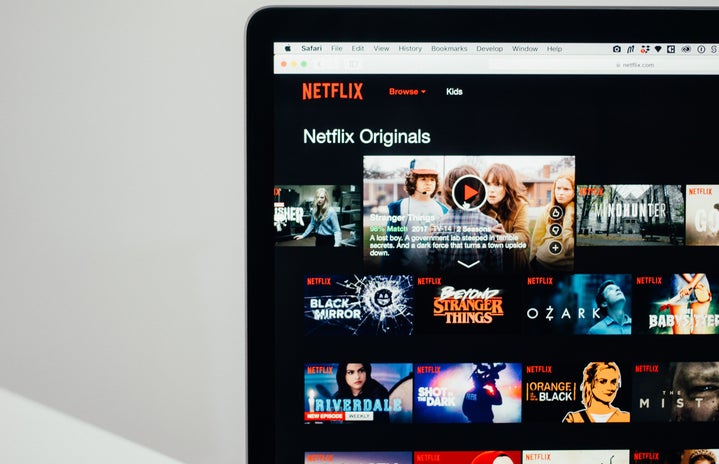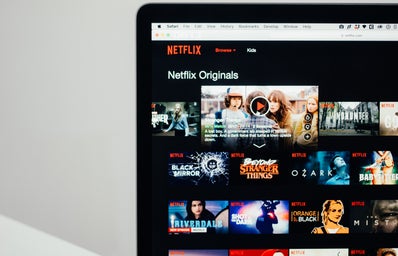Edited by: Janani Mahadevan
Netflix films geared towards young adults increasingly repackage old tropes because of sell-ability. The coming-of-age genre is saturated with films of compromised quality that tell the same story over and over without bringing anything new to the table. Moxie, released March 3rd, 2021, is a film centred around yet another white girl Vivian (who is definitely not like other girls). The central concern of the film is Vivian’s awakening to feminism. She begins noticing the ways in which women are policed and discriminated against at a pace that is torturous to see. Her character development proves itself to be regression from the very onset.Vivian is on the long list of protagonists who believe that social change is brought about by heroic individuals; any sense of community is firmly erased. There is feminism, but a white one, an individualised one, an optical one.
From the very beginning of the film, when Lucy, a black woman facing bullying raises her voice, it is paid no heed. Black and Latina women are forced to take a back seat as the white girl’s sudden epiphany makes her do a series of tokenistic gestures to end misogyny. When she sees fellow women being discriminated against, she fails to take any action and doesn’t stand by them. She goes as far as to tell Lucy to suck it up and not react to bullying or abuse. But at home, she makes zines and distributes them undercover and goes on to call herself a revolutionary. This is a display of a typical revolutionary-aesthetics-enjoyer-who-won’t-speak-up-in-real-life-to-maintain-privilege.
Claudia, Vivian’s best friend and a first generation Asian-American, is made to feel guilty for not being as vocal as other students. The struggles of being an immigrant are discounted and pushed aside. In response to this, when confronted about her white privilege, Vivian has a breakdown along the lines of it is too hard to be a white girl in America. She screams about patriarchy at a family dinner that was important to her mother, ruining her first date in a long time. There was no screaming when Vivian’s friend was objectified by the school dress code because she couldn’t have played victim there. Her “growth” as a feminist icon is marked with multiple irrational behaviours that violate other people’s boundaries.
Microaggressions are rife throughout the movie. A crude joke about indigenous people is used as a punchline of a joke Vivian’s mother tells about her activism:“We called our meetings powwows.”, followed by brazen laughter.The clear implications of cultural appropriation and degradation are discounted as they frolic on native land.
Seth, Vivian’s boyfriend, prefixes his confession to her by saying “You’re not just a cute girl, you’re this strong feminist.” The statement is based on distinguishing her from ‘other’ girls who are deemed not as strong as her and only have their cuteness going for them. It is inherently sexist, yet Vivian melts at this compliment and falls for him then and there. *long sigh of suffering*
In conclusion, the characters are forgettable at best, atrociously dense at worst. In 2021, white feminism has shown its true colors, justifying war and colonization across the globe. As people wake up to its destructive nature, it seems the time to let it go in popular media as well. Moxie leaves a bad taste in your mouth every other sequence, the plot is a big let down and is completely out of touch. There are multiple other coming of age films like Only Yesterday, Girlhood or The 400 Blows that do infinitely more justice to the genre.


